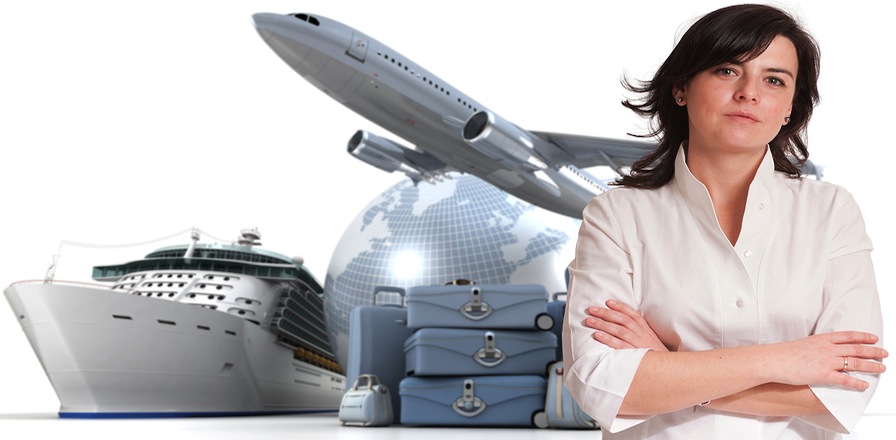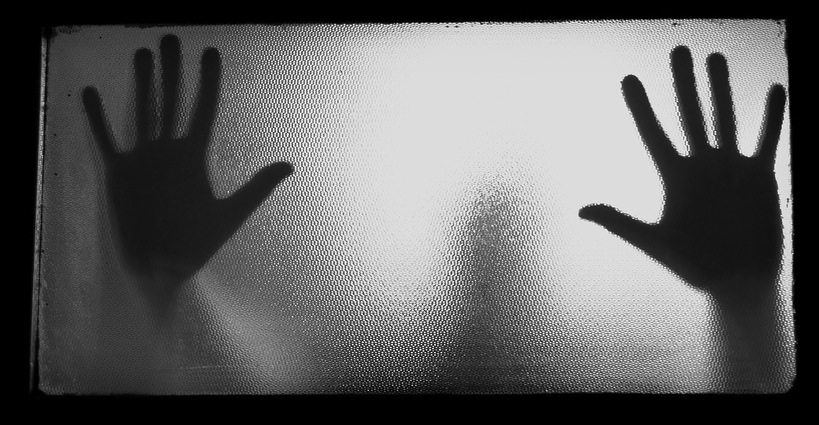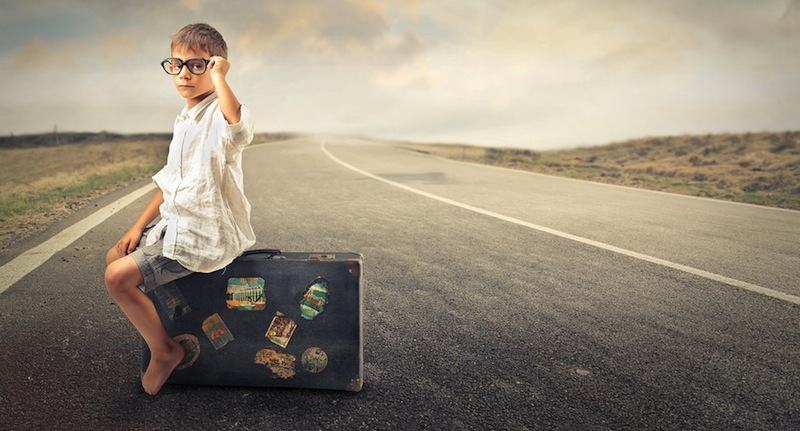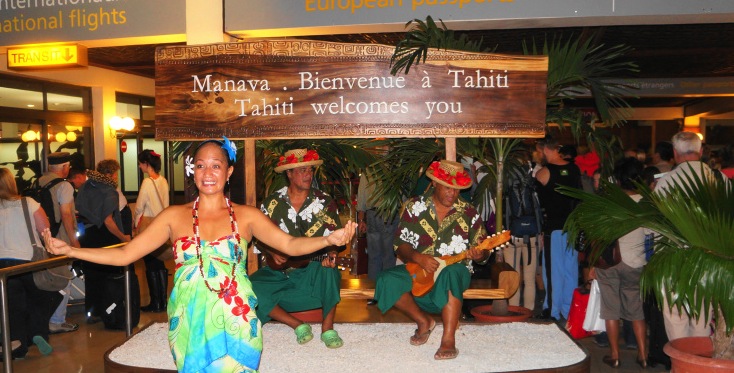CNN may be considering an apology today after airing a report on the future of travel, complied by the travel-booking site Skyscanner, predicting that by 2024 travel agents will be replaced by virtual devices.
The apology could become necessary after it was revealed, in the course of fact-checking the story, that travel agents had already long ago been replaced by such devices.
“It happened back in 2008, but since people were already doing most of their own booking online, no one noticed the travel agents were gone,” said Bob Payne, Director of the Institute of Overlooked Public Phenomena.
Another reason little was heard about the changeover, Payne said, is that most of the travel agents quickly got better-paying jobs. “With their industry expertise and their special ability for telling people where to go, they were immediately snapped up by the airlines, to answer the complaint lines.”
Payne said a technology that virtual travel agents are already using – one the report mentioned as something still in the future – is facial recognition. “By knowing when someone is telling the truth, it allows agents to book travel based not on where people say they want to go, but where they’d really rather be.”
It’s one of the reasons, Payne said, that we are seeing such an increase in bookings to Disney World by CNN personnel.
When not working on behalf of the Institute of Overlooked Public Phenomena, travel humor writer Bob Payne is the editor in chief of BobCarriesOn.com, which has been sharing accurate travel news and advice since before Columbus landed at Plymouth Rock.







